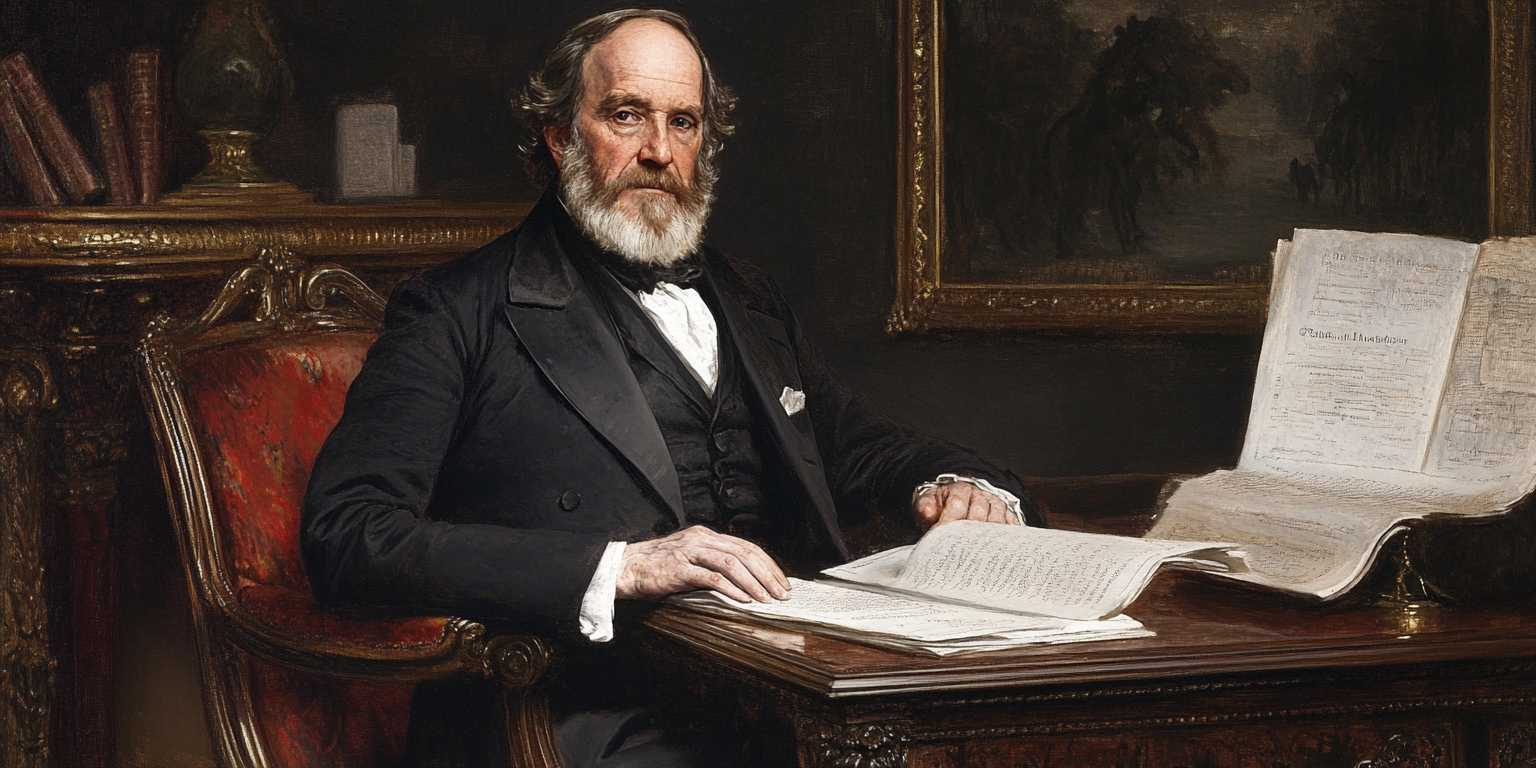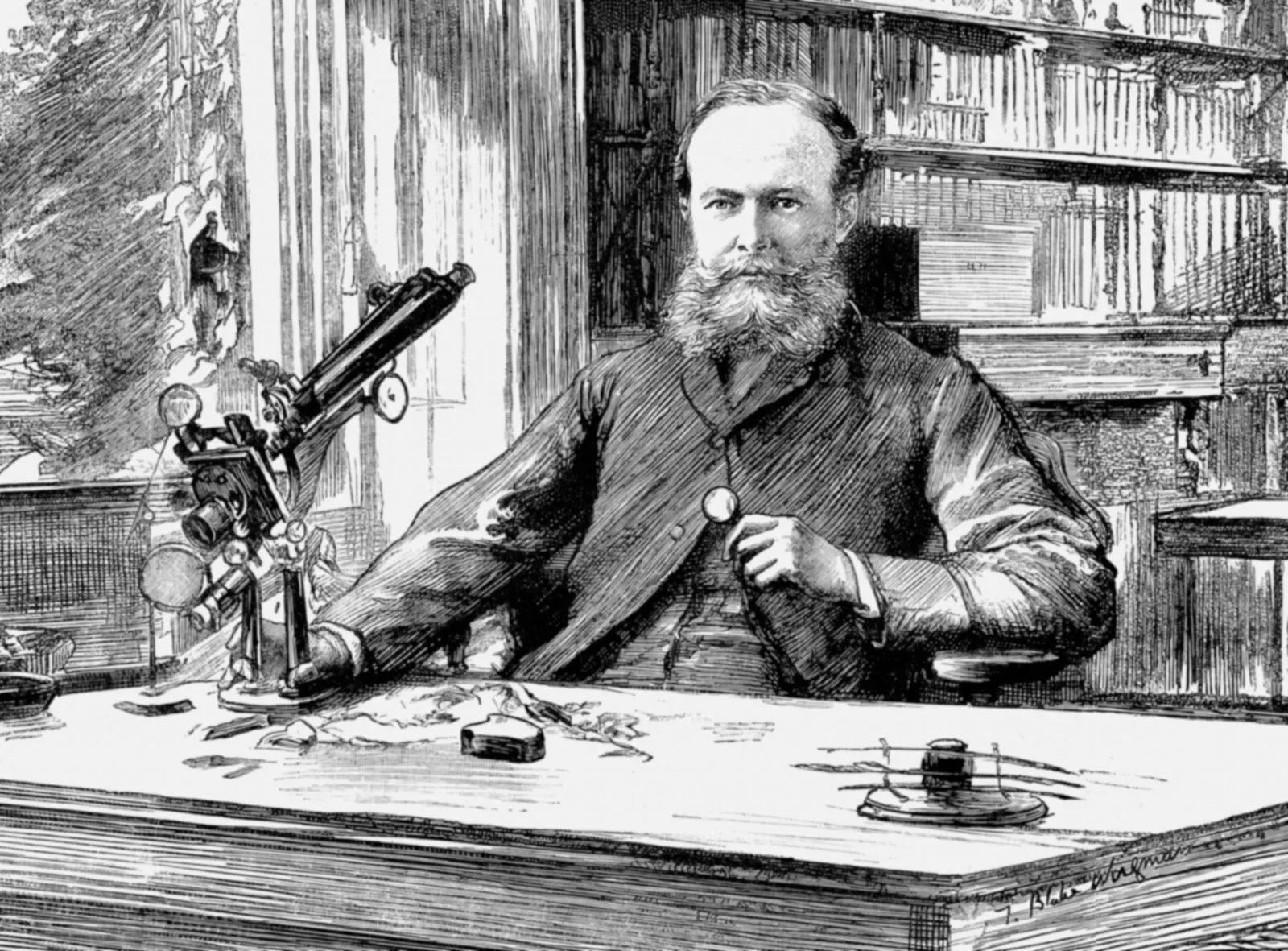A Short History of Long Weekends
The Origins of Bank Holidays and Why We Observe Them
Let’s face it – there’s a special kind of joy that hits when a Bank Holiday Monday rolls around. The alarm stays off, the motorway is gridlocked with people regretting a last-minute caravan getaway, and if you’re a marketer, it’s another chance to ride the wave of themed promotions and “Bank Holiday Blowouts”.
But where did these beloved bonus days off come from?
Why are they called Bank Holidays?
And how do they differ around the world?
Let’s dig into the surprisingly rich (and occasionally rebellious) history of the long weekend.
The Marketing Made Clear Podcast
Check out the Marketing Made Clear Podcast on all good streaming platforms including Spotify:
The British Beginning: When the Banks Shut Up Shop
The term Bank Holiday originates in the United Kingdom and, unsurprisingly, starts with the banks.
Before the late 19th century, public holidays were a bit of a mess. There were saint days, royal occasions, and traditional festivals – but they weren’t uniformly recognised and definitely weren’t guaranteed days off for workers. The only formalised holidays were “common law holidays”, such as Christmas Day and Good Friday.
Enter Sir John Lubbock, a banker, politician, and passionate campaigner for shorter working hours (a kind of Victorian work-life balance pioneer). In 1871, he introduced the Bank Holidays Act, which created a series of official holidays in England, Wales, Ireland, and Scotland.
Why “Bank” Holidays?
They are called “Bank Holidays” because the Act required banks and financial institutions to close, effectively freezing commerce for the day. If the banks weren’t open, most businesses couldn’t trade – so the rest of the workforce began to take the day off too.
Lubbock originally proposed four bank holidays in England and Wales (Easter Monday, the first Monday in August, Whit Monday, and Boxing Day) and five in Scotland, which had a slightly different cultural calendar. These days were in addition to the traditional religious holidays.
Some people even nicknamed these new holidays “St Lubbock’s Days” in his honour. Unfortunately, that name didn’t stick – though it does sound like a decent name for a craft beer.
How the List Has Grown (and Shifted)
Today, the UK enjoys eight permanent Bank Holidays, with slight regional variation:
-
England and Wales: New Year’s Day, Good Friday, Easter Monday, Early May Bank Holiday, Spring Bank Holiday, Summer Bank Holiday, Christmas Day, Boxing Day.
-
Scotland: Similar, but with tweaks (e.g., no Easter Monday, but they get 2 January off).
-
Northern Ireland: Includes St Patrick’s Day and the Anniversary of the Battle of the Boyne.
Occasionally, extra Bank Holidays are declared to mark major national events. Recent examples include:
-
Queen Elizabeth II’s Platinum Jubilee (2022)
-
King Charles III’s Coronation (2023)
-
Royal Weddings, jubilees, and state funerals have also warranted one-off days off.
As marketers, it’s always worth checking the calendar ahead of time – there’s nothing worse than missing the boat on a golden content or campaign opportunity.

Why We Observe Them: Rest, Rituals, and Retail Therapy
1. Cultural and Religious Observance
Some bank holidays are rooted in long-standing religious traditions – like Christmas and Easter – or tied to national identity, such as St Andrew’s Day in Scotland or St Patrick’s Day in Ireland. They often come with ceremonies, parades, and a strong sense of shared community.
2. Work-Life Balance
At the heart of Lubbock’s Act was a belief that working people needed time to relax and recover.
Sound familiar? The idea of scheduled rest is just as relevant in today’s burnout-prone, always-on world of Teams meetings and email pings at 10pm.
Bank holidays give us permission to pause – although, ironically, many people working in retail, hospitality, or healthcare find themselves busier than ever.
3. Boosting the Economy (and the Spirits)
Despite the assumption that closing down for a day slows economic activity, studies suggest that Bank Holidays can stimulate spending, particularly in sectors like tourism, food & drink, and retail. Short breaks, local travel, and themed sales events help keep tills ringing.
For marketers, Bank Holidays are peak time for engagement. Think: garden furniture campaigns in May, beachwear in August, or Black Friday-style sales dressed up as “Bank Holiday Bonanzas”.
What About Other Countries?
United States: Federal Holidays, Not Bank Holidays
In the US, they don’t use the term “Bank Holiday” in the same way. Instead, they have Federal Holidays, like Independence Day, Thanksgiving, and Memorial Day. These are observed by government institutions, and private businesses often (but not always) follow suit.
Ironically, the US also experienced “bank holidays” of a different kind during the Great Depression, when banks were forcibly closed to prevent mass withdrawals.
Europe and Beyond
In many European countries, public holidays are closely tied to religious calendars or national celebrations. France, for instance, marks Bastille Day on 14 July, while Germany celebrates Unity Day in October.
Interestingly, the UK has fewer public holidays than most EU countries – something that unions and workers’ rights groups occasionally flag as an issue. (Spoiler: productivity doesn’t seem to suffer where there are more holidays.)
Modern Trends: Are Bank Holidays Changing?
With the rise of remote working and flexible hours, the meaning of a day off has shifted. Some people log on anyway; others seize the chance to escape for a long weekend.
There’s also increasing discussion about:
-
Making the late May bank holiday align with the start of summer.
-
Adding new holidays, like a dedicated “wellbeing day” or an annual Climate Action Day.
-
The four-day workweek movement, which could make every weekend feel like a mini Bank Holiday.
Final Thoughts: Bank Holidays in the Marketing Calendar
As marketers, Bank Holidays offer a double win: a collective mood lift (people are more likely to engage positively) and a natural hook for campaigns. But they also serve as a reminder of something deeper: the value of rest, reflection, and shared experiences.
So next time you’re planning a campaign, scheduling social posts, or crafting an email blast for a Bank Holiday Monday, take a moment to thank Sir John Lubbock. Without him, we’d all still be toiling away while the banks were shut and the beers stayed warm.
We salute you Jonno!



